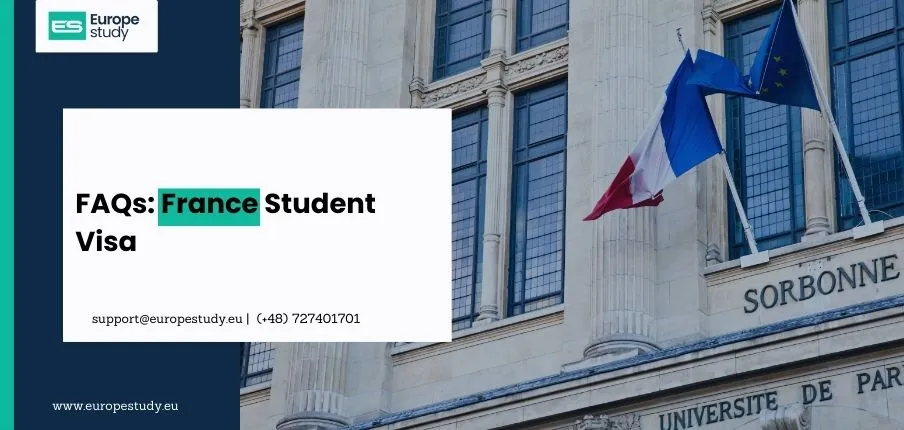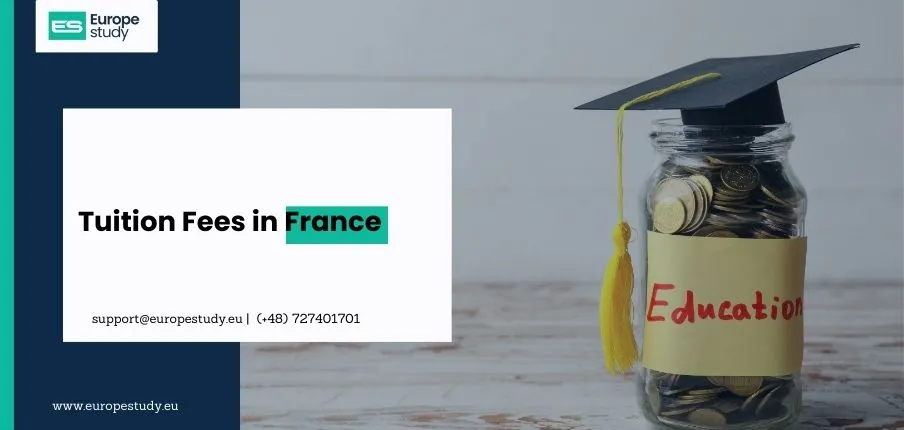
Polish Presidency of the Council of the European Union – Informal Meeting of Ministers of Education
In January 2025, during Poland's Presidency of the Council of the European Union, the Polish Ministry of Education convened an informal gathering of education ministers in Warsaw on the 21st and 22nd.
The purpose of this meeting was to examine the obstacles faced by education systems in providing inclusive, high-quality education for all students. The discussions centered on equipping learners with the necessary skills to navigate the complexities of contemporary society, while also emphasizing the critical need to support educators in delivering exceptional teaching within schools.
The meeting was inaugurated by Polish Minister of Education Barbara Nowacka, who underscored the significance of transforming education to achieve true inclusivity and highlighted the necessity of embracing diversity as part of ongoing educational reforms. Roxana Mînzatu, the European Commissioner for Social Rights and Skills, Quality Jobs and Preparedness, presented the Union of Skills, which aims to address the existing skills and labor shortages throughout Europe.
João Costa, the Agency Director, was invited to participate in a plenary session focused on the preventative dimensions of inclusive education and the associated implementation challenges. He provided an overview of the Agency and its Key Principles for inclusive education systems, discussing various challenges such as teacher retention, funding, and data collection, as well as the potential for cross-sectoral collaboration. He also shared examples of the Agency's initiatives, including Thematic Country Cluster Activities, designed to assist nations in overcoming these challenges.
Subsequently, a round table discussion took place, where representatives from various European education ministries shared their strategies for tackling the challenges of implementing quality inclusive education within their respective countries.
The second day of the conference commenced with a presentation by Andreas Schleicher, the Director for Education and Skills at the OECD. He addressed the topic of evidence-informed change and examined strategies for nations to effectively implement inclusive education policies. During a round table discussion, participants shared insights into their respective countries' data collection methodologies and the ways in which they utilize this data to assess and enhance the effectiveness of their inclusive education programs.
This meeting served as a platform for education ministers and representatives from various ministries to engage in discussions regarding inclusive education policies, tools, and methodologies. The objective was to facilitate reflection among countries on their strategies for developing and implementing high-quality inclusive education systems.





